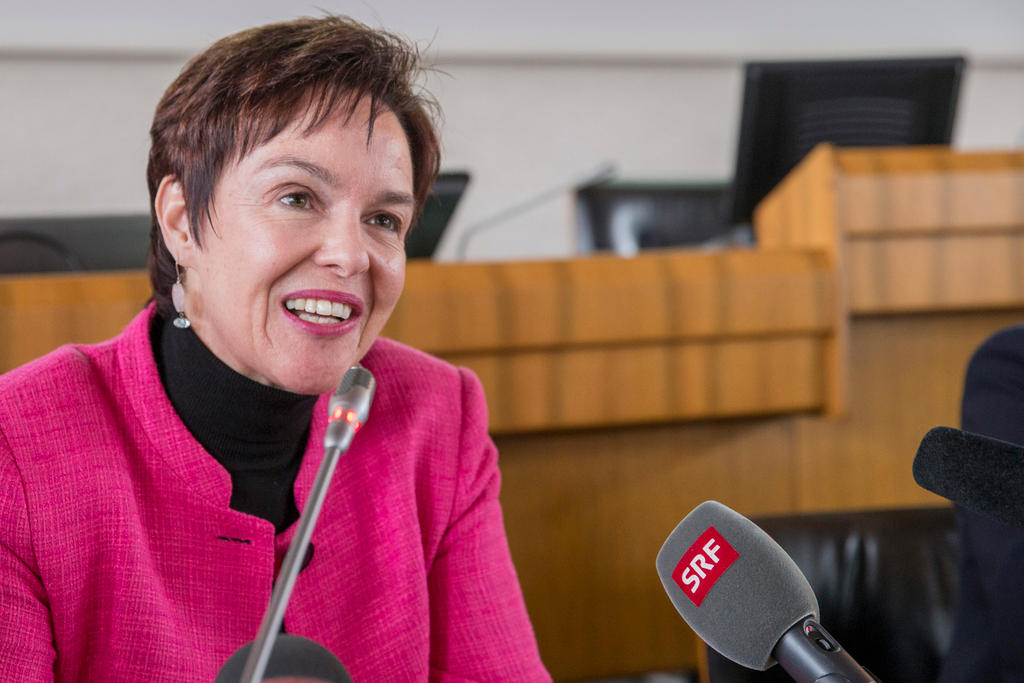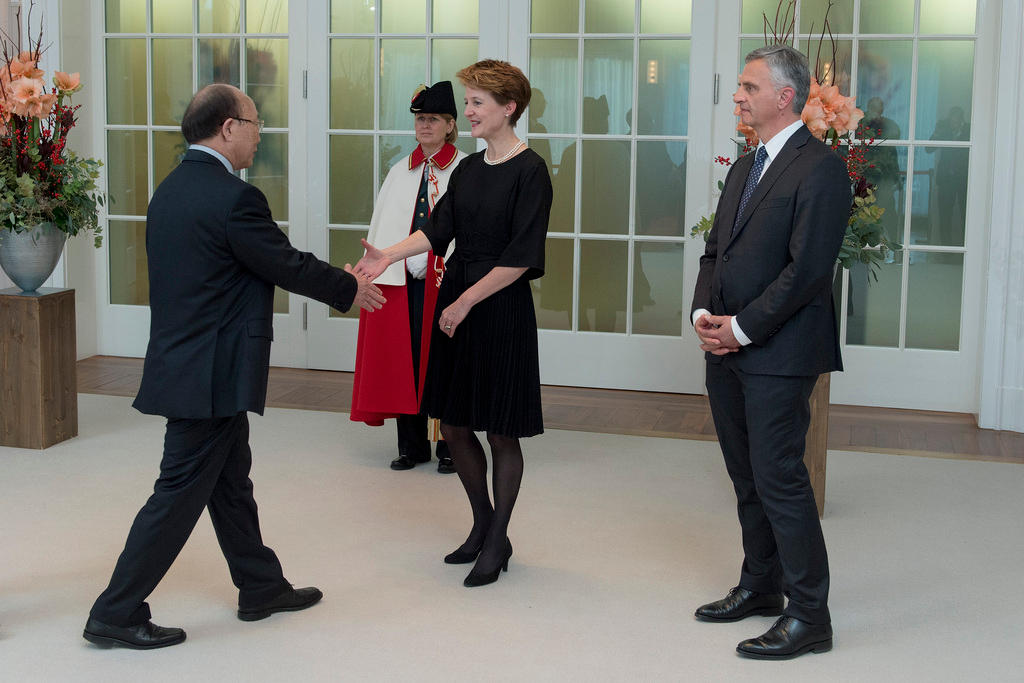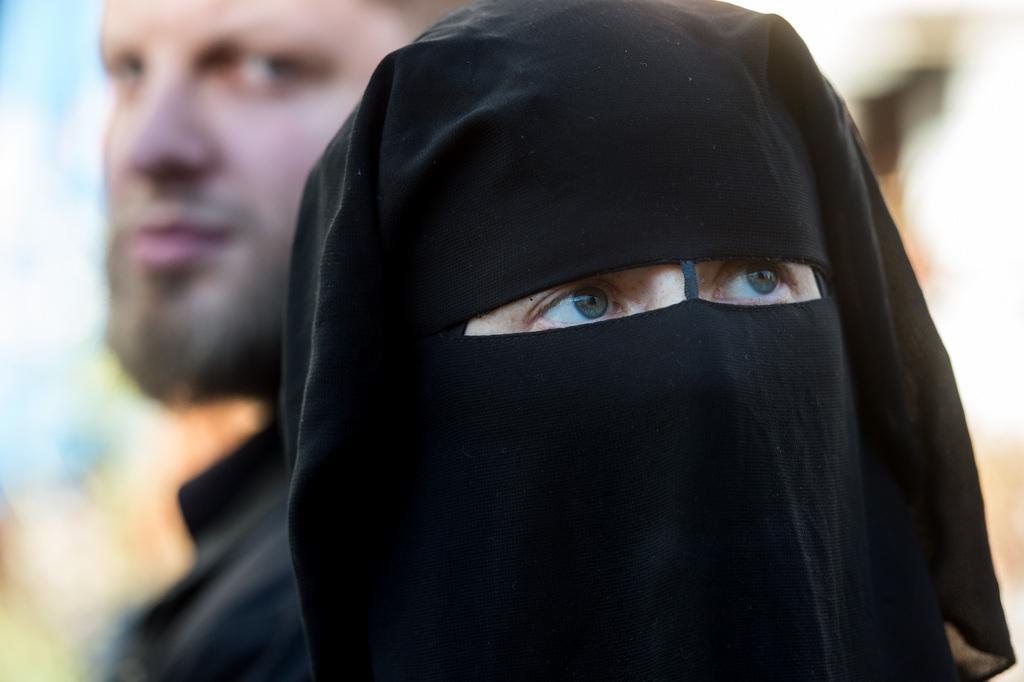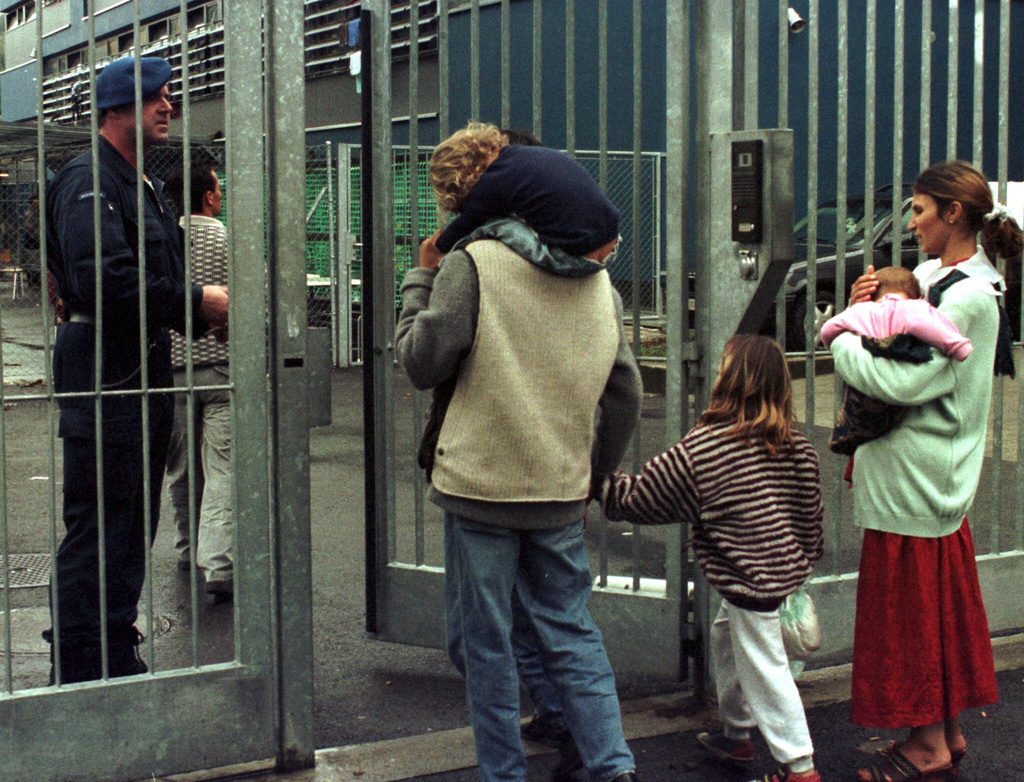Handshakes in schools enforced: ‘no ifs and buts’

Public school authorities in a northern Swiss canton have reinforced their ruling that all students must shake their teacher’s hand when demanded, regardless of any religious affiliation.
In a highly publicised case involving a daily ritual in Swiss schools to show respect, two teenage Syrian brothers who are Muslim had refused to shake their female teachers’ hands for religious reasons at the public school in Therwil, near Basel, close to the borders with France and Germany.
The case sparked intense debate in Switzerland over integration of foreigners, uneasiness about Muslims and traditions like gender-neutral handshake greetings.
The decision in canton Basel Country to reject an appeal of its earlier ruling was made public this week in a case drawing international headlines. School authorities described their decision as striking a balance between respect for tradition, gender equality and constitutionally guaranteed freedom of religion.
“Shaking hands with teachers is not only a standard of decency, it is deeply rooted in our society and culture,” Monica GschwindExternal link, head of Therwil’s education department, said in a statementExternal link (in German) posted on the canton’s website on Monday.
“Today the floodgates are wide open to a variety of provocations,” she said. “I want to put a stop to this. For me it is clear: The handshake is enforced – no ‘ifs’ and ‘buts’ ”.
Uneasy debate
The statement – for emphasis, also entitled “The handshake is enforced – no ifs and buts” – was handed down by the cantonal body for education, culture and sport. “It is a right of the teachers to demand a handshake,” the cantonal body asserted.
The older brother left the school in June, but the younger remained and appealed the decision to school authorities. He is now expected to face fines of up to CHF5,000 ($5,110) for refusing to comply. But the cantonal body also said its decision could be further appealed within 10 days. Immigration authorities also had suspended a citizenship application from the boys’ family.
The case in the small mountainous nation at the center of Europe also provides another example of the tensions gripping the continent as political leaders struggle to balance civil rights with integration and security concerns, amid a massive influx of migrants including Muslims in recent years.
Switzerland drew international criticism when voters in 2009 approved a people’s initiative to ban building new minarets. Only four of about 200 Swiss mosques and prayer houses have a minaret.
More recently, the group of rightwing politicians that was behind the successful 2009 vote, launched an initiative earlier this year seeking to ban any face-covering headgear in Switzerland. It has until September 15, 2017 to collect at least 100,000 signatures to try to force a nationwide ‘burka ban’ vote.
Their effort follows a ban in Italian-speaking Ticino, which on July 1 became the first and only of Switzerland’s 26 cantons to introduce a ‘burka ban’ on any face-covering headgear – reflecting more of the deep anxieties over immigration and security simmering in Switzerland and around Europe in the past decade.
Broader tensions
Muslims constitute about 5% of Switzerland’s more than 8 million population. Most Muslim immigrants came from the former Yugoslavia and Turkey. The community includes up to 100 nationalities. Burkas and other full face-covering headgear are rare in Switzerland.
The two brothers at the public school in Therwil said they did not want to touch women as a general rule for religious reasons. The younger of the two told a newspaper he found a rule in an Internet sermon that a man should only willingly touch a woman whom he eventually marries.
The Federation of Islamic Organisations in SwitzerlandExternal link said politeness is a key Islamic tradition and that a handshake between a man and woman “is permissible theologically”, while one between teachers and students also is “not problematic”. The Central Islamic Council of SwitzerlandExternal link, however, accused the authorities of overreaching and said such measures would only exacerbate a feeling of alienation among Muslims.
Swiss customs
The head teacher arranged a temporary waiver for the boys to avoid shaking hands with any of the teachers – based on the notion that if the boys would not shake hands with female teachers they should also be barred from shaking hands with male teachers.
But after news spread of that arrangement through the Swiss media, a public outcry led Justice Minister Simonetta Sommaruga to publicly criticise that waiver on grounds that handshakes are an important part of Swiss culture.
School authorities acknowledged that forcing pupils to shake hands represented an intrusion into their religious freedom, but judged that the intrusion was proportionate and fair since it did not involve central tenets of Islam.
They also said that public interest in the equal treatment of men and women, integration of foreigners and a well-organised school system outweighed a pupil’s private interest.

In compliance with the JTI standards
More: SWI swissinfo.ch certified by the Journalism Trust Initiative











You can find an overview of ongoing debates with our journalists here . Please join us!
If you want to start a conversation about a topic raised in this article or want to report factual errors, email us at english@swissinfo.ch.